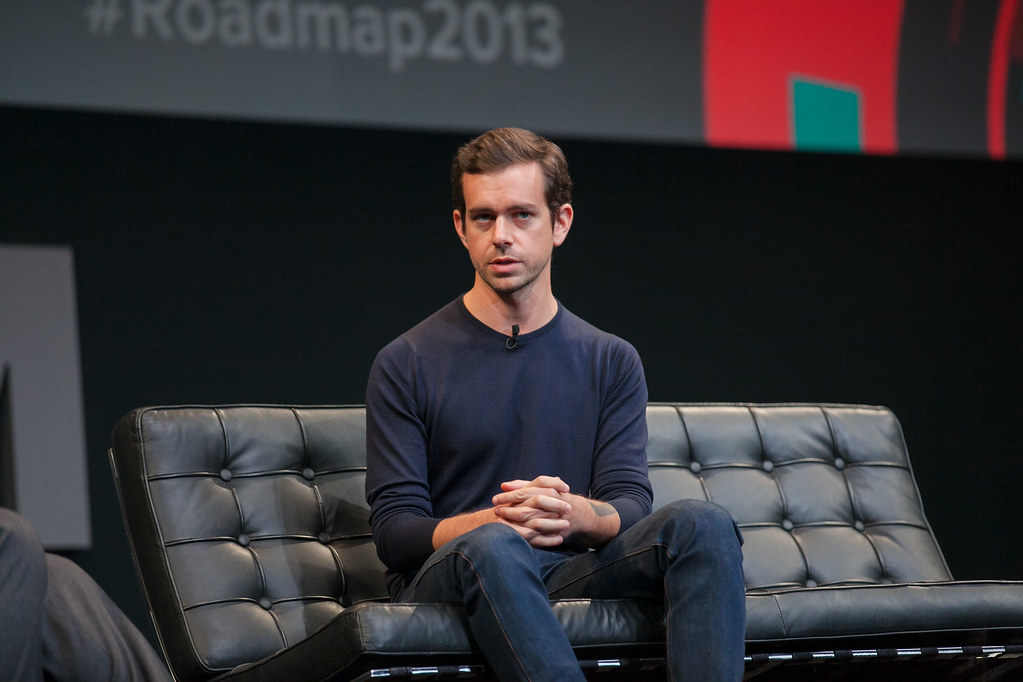Views expressed in opinion columns are the author’s own.
The role of online advertising in politics has increased rapidly during the last several elections, and so has the technology involved in it. These quick developments in the political and digital spheres have brought new calls for regulation, a need that was only augmented following scandals such as the Cambridge Analytica data theft and Russian interference in the 2016 election.
New questions about ethical advertising have forced online platforms to make quick decisions about the future of political ads. Most recently, Twitter announced that it would no longer feature political advertisements at all — a drastic and oversimplified attempt to solve the larger problems at hand.
As peaceful as a social media platform without political advertisements might sound, the implications of Twitter’s only political content coming from what users share might actually be more polarizing.
As Twitter CEO Jack Dorsey wrote in the announcement, “political message reach should be earned, not bought.” It doesn’t take too much reflection to see why that might be harmful. Many social revolutions, such as the civil rights or LGBT rights movements, start with only small minorities of support and are initially labeled as fringe groups. It’s irresponsible to believe the most widely-shared beliefs are always the most deserving of the attention. By refusing to accept political advertisements across the board, Twitter is constraining the ability to gather support for political causes and reinforcing the political status quo.
While there are obviously dangerous minority ideologies — including the neo-Nazi accounts that Twitter has faced criticism for allowing on its platform — Dorsey’s logic does not stand to create a more politically sound or diverse platform with this complete ban.
Some have interpreted this ban as Twitter’s response to Facebook’s controversial policy surrounding political advertising, which allows political ads to feature misinformation. Yet if Dorsey’s goal was to fire back at Mark Zuckerberg, a complete ban is still unnecessary. Before implementing a ban, Twitter could have taken other steps, such as putting stricter regulations on advertising content or public records of groups that pay for them. Another idea is limiting the use of micro-targeting algorithms, which allow advertisers to tailor their messages to ultra-specific demographics.
The ban’s broad scope will not only silence electoral political campaigns, but specific policy- and cause-related advertisements as well. Vijaya Gadde, Twitter’s general counsel, wrote in a tweet that “ads that advocate for or against legislative issues of national importance (such as: climate change, healthcare, immigration, national security, taxes)” would be banned. This action will extend well past the demonstrated need for regulation and making things “fair” for candidates. It also unnecessarily silences activism advertisements.
Although Twitter has not released the full policy, the large area of content this ban appears to cover raises a lot of questions. Will non-profit organizations dedicated to “political” causes such as climate change and healthcare be banned from advertising? Will companies that contribute to global warming be allowed to advertise their products while climate activists are silenced? And how will Twitter’s approval algorithms know the difference between a political ad and a non-political ad — or will this “ban” apply to any ad that even uses political language? These are all questions Twitter promises to answer by Nov. 15. But no matter the answers, harmless or important non-political advertisements will be caught in this ban’s crossfire.
Solving the corruption surrounding political advertisements is unfortunately in the hands of individual online platforms, and there is no solid precedent on how to navigate the issue. While Twitter’s policy will certainly stop harmful advertisements on the site, it will also hinder healthy political advertisements and conversations by limiting the reach of less orthodox messages. Completely eradicating an avenue of communication to a larger public isn’t a solution — it’s a cop-out.
Ray Newby is a sophomore English major. He can be reached at raynewby00@gmail.com.



